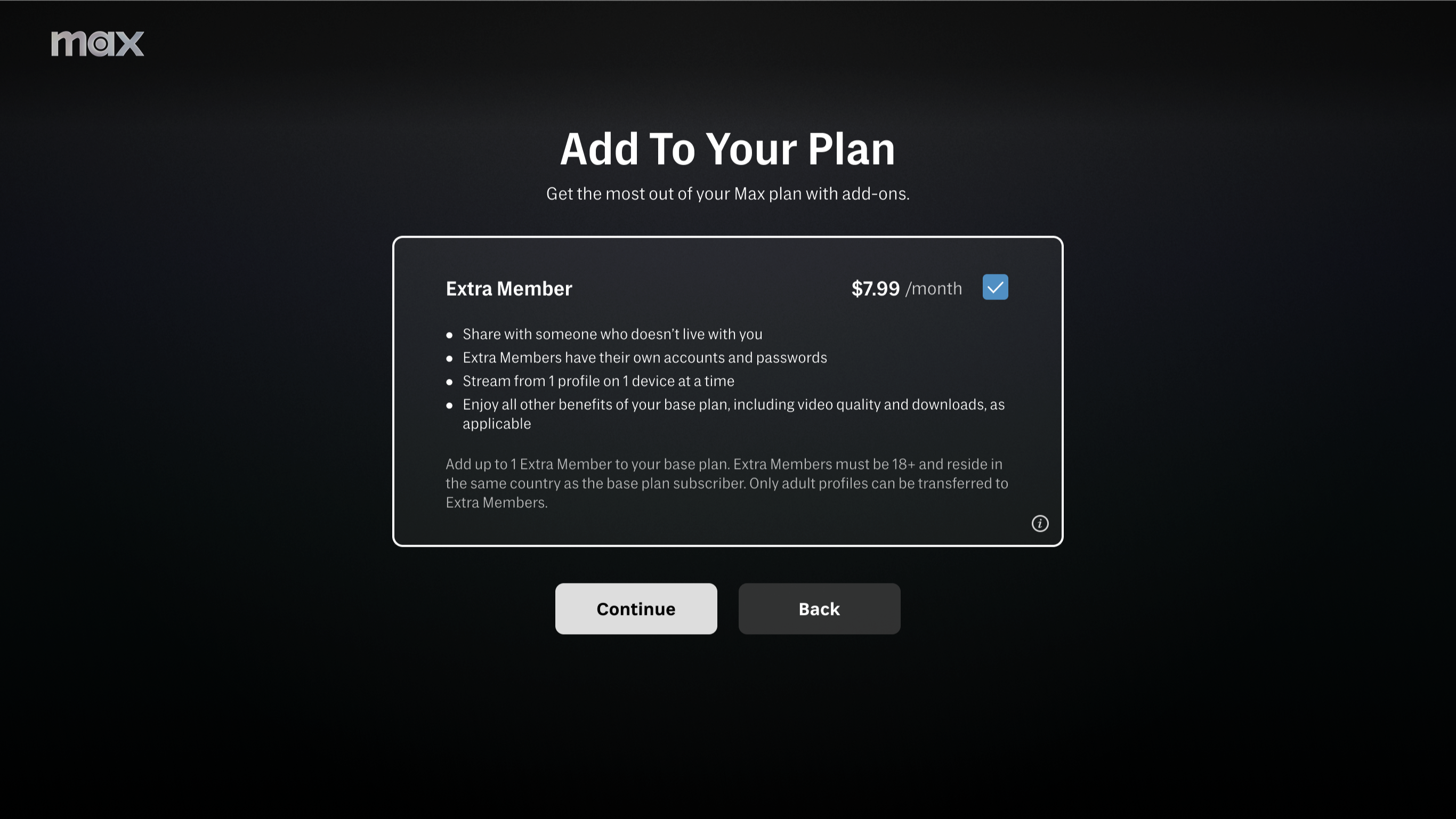Altice USA Drops MSG Networks
New York-area subs lose access to Knicks, Rangers, Islanders and Devils coverage after companies were unable to ink a new carriage deal

MSG Networks has been dropped from Altice USA’s Optimum-branded pay TV offerings after the operator and the regional sports provider were unable to reach a new carriage deal when the old one expired on Dec. 31.
The blackout means Altice’s Optimum subscribers have lost access to Knicks, Rangers, Islanders and Devils games carried locally on the MSG and MSG Sportsnet channels.
Key sticking points were the cost of the networks and flexibility as to how they are packaged for consumers. Like a number of other cable operators faced with rapidly declining video subscribers, Altice seeks a deal that would allow it to provide consumers with lower-cost programming options without some sports and package more expensive MSG programming separately.
Following the blackout both sides, as usual, traded barbs.
"As a last-ditch effort to save their struggling business at the expense of subscribers, Altice is trying to charge their customers more and give them less,” MSG Networks said in a statement. “They just raised prices—nearly 50% for current Optimum subscribers and 70% for new Optimum subscribers (after expiration of a promotional offer) for the package that had included MSG Networks—and cut access to the Knicks, Rangers, Islanders, Devils and more on MSG Networks. We offered Altice a number of fair and reasonable proposals that called for Altice to pay us less than last year. Altice rejected all of them, including our offer to keep MSG Networks on the air while we continued to try to reach a deal. We remain ready to negotiate in good faith.”
MSG Networks also noted that the previous Optimum Core TV package—which included MSG, MSGSN and other sports channels—increased by nearly 50%, from $95 to $140 per month. Altice’s introduction of its new packages just a few weeks ago means that the most “affordable” new package that had “offered MSG Networks prior to the drop is $160/month—that is almost 70% more than what Optimum customers paid before,” MSG Networks said.
MSG Networks also stressed that it “offered Altice the same fair and reasonable terms that other major providers accepted.”
Get the TV Tech Newsletter
The professional video industry's #1 source for news, trends and product and tech information. Sign up below.
In response, Altice said in a statement: “We have a clear mission: provide the programming that our customers want and give it to them at an affordable price. The problem: MSG Networks demanded that we pay an exorbitant amount in fees to be able to carry its content AND that customers who don’t want the content—who are the majority—have to pay for it anyway. Now more than ever, especially in this economy, it is unfair for MSG Networks to demand more money from their Optimum viewers, especially when there are ways for fans to get games directly from MSG through other direct-to-consumer options.“
MSG’s content is available direct-to-consumer via the Gotham Sports app, a joint venture with the New York Yankees-owned RSN, YES Network.
“Despite this, Optimum offered to absorb their egregious price demands if we could package MSG Networks in a way that would give more flexibility and control to our customers, so that fans could continue to watch and pay for their content while nonviewers would not be forced to pay for what they don’t watch,” the statement continued. “MSG Networks said no and refused multiple offers from us to reach a deal.”
“It is no secret that viewership for regional sports networks has become increasingly fragmented across countless streaming platforms and services,” the statement also noted. “Yet MSG Networks continues to squeeze its viewers for more money to watch their content, refusing to evolve or deviate from a broken model that is outdated based on the evolution of the entertainment industry, is anti-consumer, and unsustainable in today’s programming landscape.”
George Winslow is the senior content producer for TV Tech. He has written about the television, media and technology industries for nearly 30 years for such publications as Broadcasting & Cable, Multichannel News and TV Tech. Over the years, he has edited a number of magazines, including Multichannel News International and World Screen, and moderated panels at such major industry events as NAB and MIP TV. He has published two books and dozens of encyclopedia articles on such subjects as the media, New York City history and economics.

